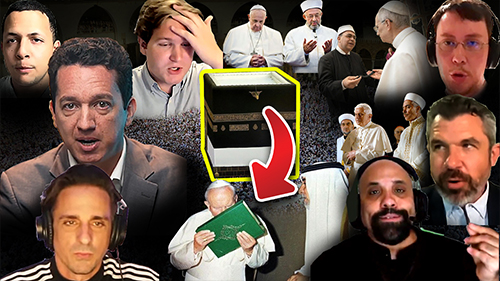Spirituality
“Therefore the whole multitude crying wept that night. And all the children of Israel murmured against Moses and Aaron, saying: Would God that we had died in Egypt: and would God we may die in this vast wilderness… And they said one to another: Let us appoint a captain, and let us return into Egypt. And when Moses and Aaron heard this, they fell down flat upon the ground before the multitude of the children of Israel. But Josue the son of Nun, and Caleb the son of Jephone, who themselves also had viewed the land, rent their garments… And the Lord said to Moses: How long will this people detract me? how long will they not believe me for all the signs that I have wrought before them? I will strike them therefore with pestilence, and will consume them: but thee I will make a ruler over a great nation, and a mightier than this is.” (Numbers 14:1-12)
Doctrine
“And behold Core… Rose up against Moses, and with them two hundred and fifty others of the children of Israel… And when they had stood up against Moses and Aaron, they said… Why lift you up yourselves above the people of the Lord?... Moses therefore being very angry, said to the Lord: Respect not their sacrifices… And the Lord speaking to Moses and Aaron, said: Separate yourselves from among this congregation, that I may presently destroy them. They fell flat on their face, and said: O most mighty, the God of the spirits of all flesh, for one man\'s sin shall thy wrath rage against all? And the Lord said to Moses: Command the whole people to separate themselves from the tents of Core and Dathan and Abiron. And Moses arose… He said to the multitude: Depart from the tents of these wicked men… And Moses said… If these men die the common death of men…the Lord did not send me. But if the Lord do a new thing, and the earth opening her mouth swallow them down, and all things that belong to them, and they go down alive into hell, you shall know that they have blasphemed the Lord. And immediately as he had made an end of speaking, the earth broke asunder under their feet: And opening her mouth, devoured them with their tents and all their substance. And they went down alive into hell, the ground closing upon them, and they perished from among the people. But all Israel, that was standing round about, fled at the cry of them that were perishing: saying: Lest perhaps the earth swallow us up also.” (Numbers, Chapter 16)










 " />
" /> " />
" /> " />
" /> " />
" /> " />
" />





